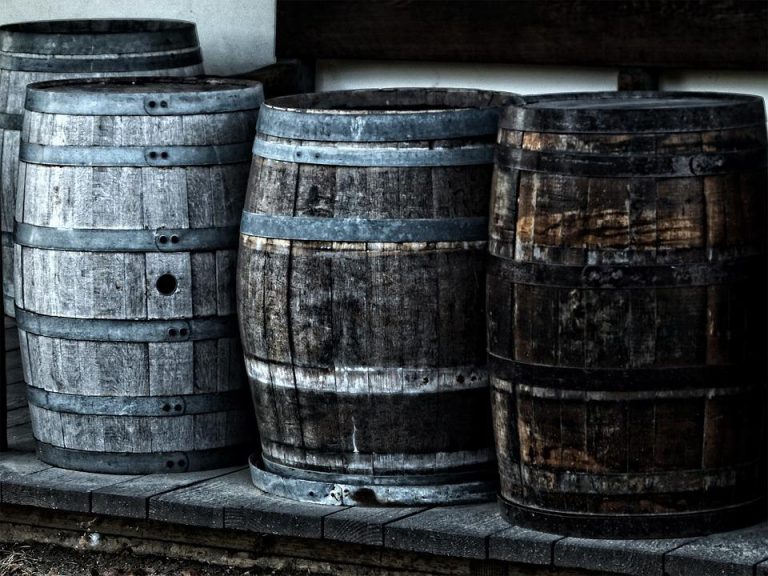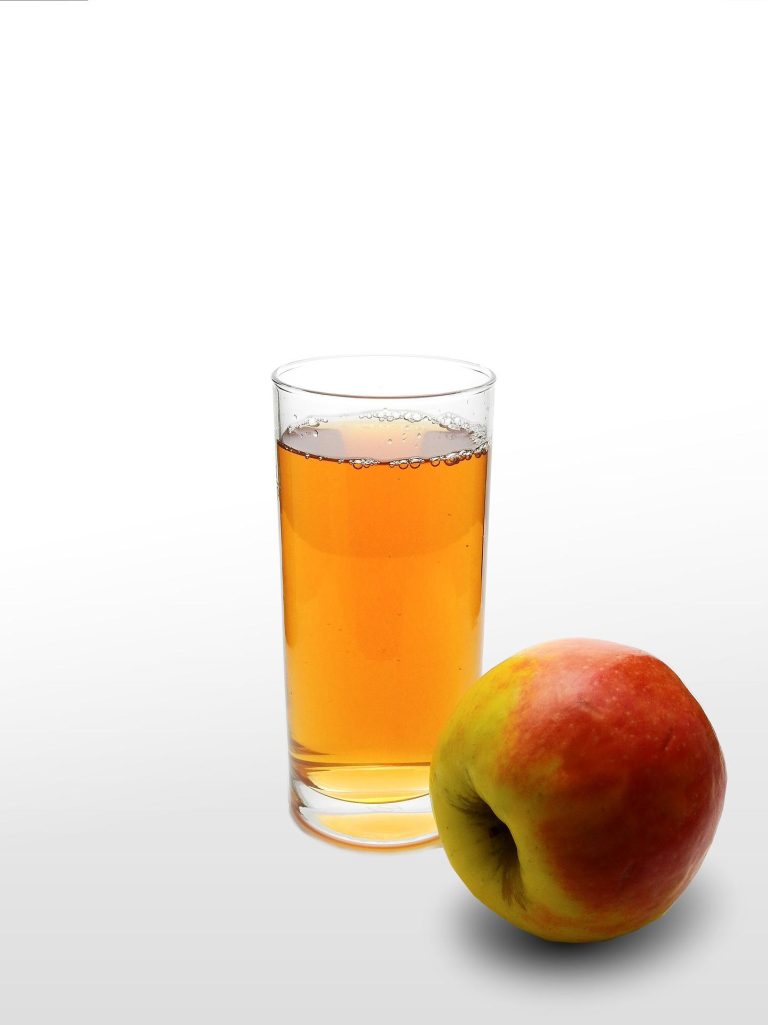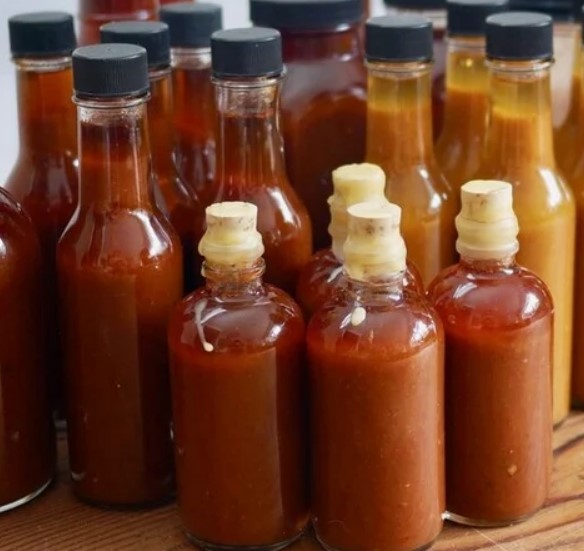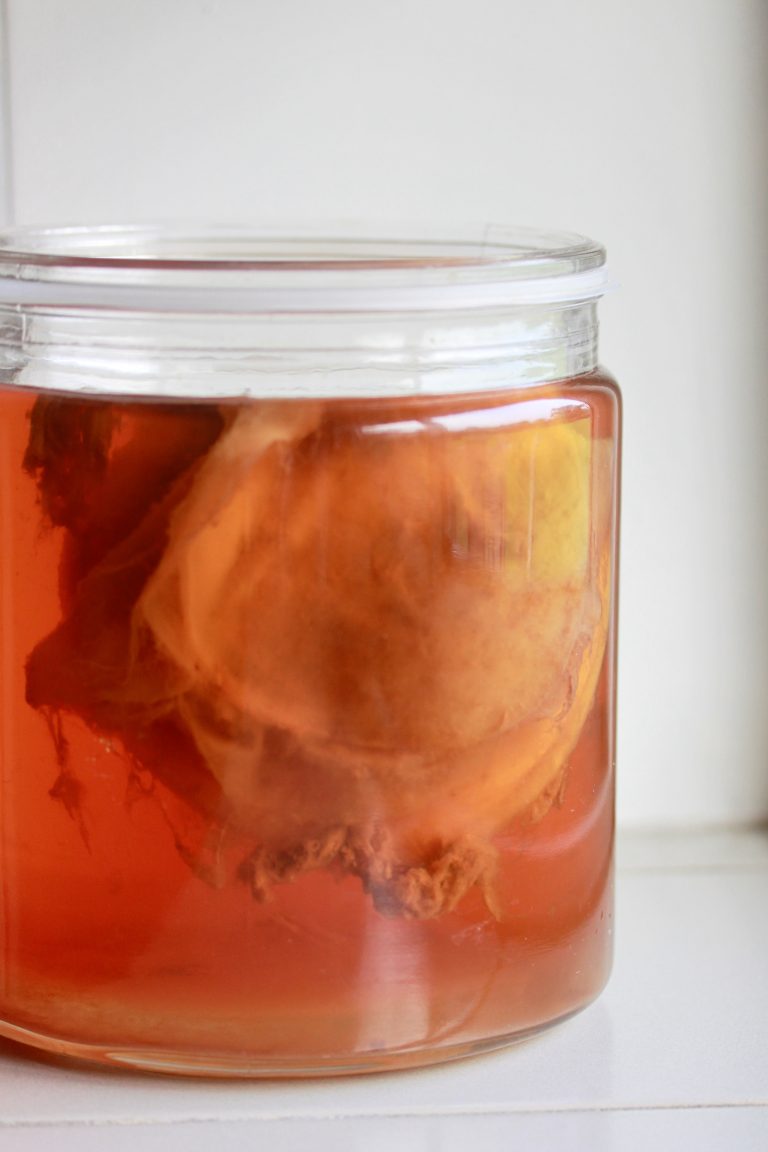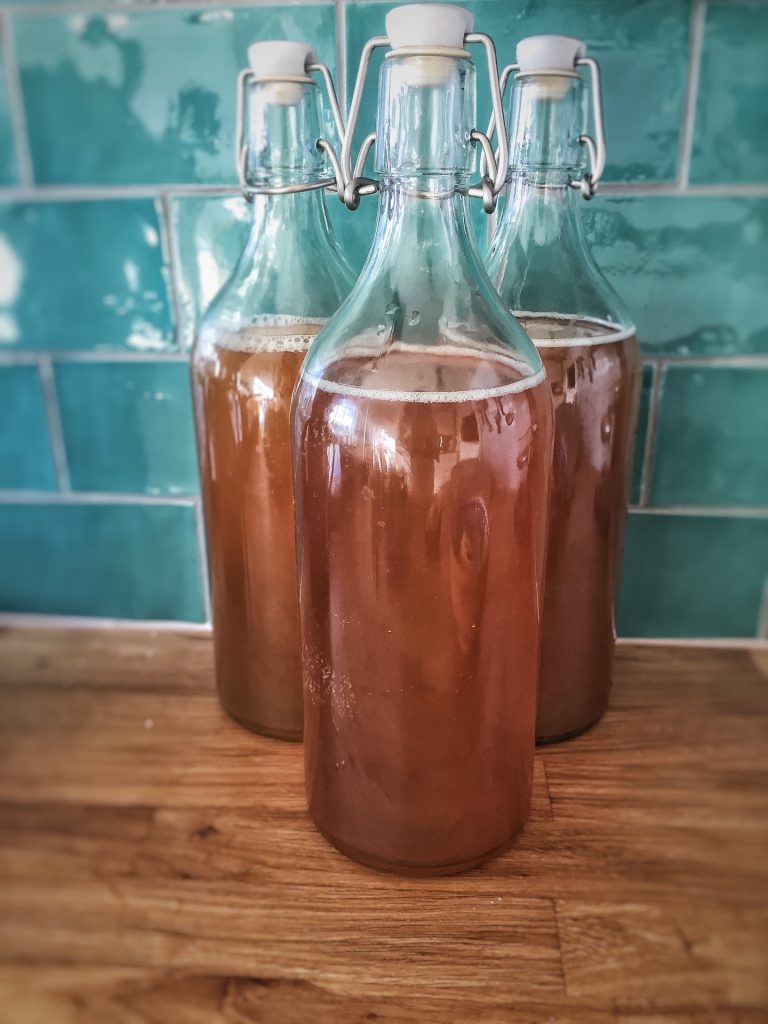Does Vinegar Stop Fermentation?
One of the biggest questions among fermenters is whether or not to add vinegar. It is usually used for pickling, but can it be used for fermentation, too?
As long as you add the right amount at the right time, it’s okay to add a touch of vinegar to your product.
The fermentation process can be adversely affected by the harsh acidity of vinegar if it is not used correctly.
There are many questions as to whether or not vinegar stops the fermentation altogether.
Vinegar is a strong acid that helps to stop fermentation. This can be used for wine storage and preservation.
You can also use it to clean copper and brass surfaces that might be exposed to oxygen or to maintain the quality of hardwood floors.
Table of Contents
How Does the Fermentation Process work?
How does the process of fermentation occur? The process happens when the sugars in food and beverages are converted into alcohol and acids through chemical reactions.
Beer, wine, kombucha, hot sauce, yogurt, and my personal favorite, kimchi are some of the popular food products that we enjoy today.
Fermenting food and drink has many benefits, as it increases the level of flavor and also has immense preservation capabilities.
Is there another selling point? There are quite a few of them. Many health benefits are provided by the activity of fermentation.
Fermented products are rich in probiotics and healthy bacteria, which contribute to a healthy digestive system, and gut flora, and enhance your immune system in the process.
A flavor punch that is good for your health is included in the food and drink. If you haven’t jumped on the train already, you’re missing out.
Three Types of Fermentation
It’s not always the same when it comes to fermentation. There are three different types and they are all different.
Lactic acid:
When yeast and bacteria break down sugars and starches, they convert them into acids called lactic acids.
Pickles, sauerkraut, and sourdough bread are some examples of lactic acid fermentation.
Ethyl alcohol:
This occurs when sugars from fruit are broken down by yeasts and bacteria into alcohol and carbon dioxide. Beer and wine are common examples.
Acetic acid:
When sugars or starches from fruit or grains are converted into sour kinds of vinegar and condiments, this happens. An example would be apple cider vinegar.
Why Should I Add Vinegar to Fermented Foods?
There are several reasons why you might want to add vinegar to your foods. Its preservation qualities are one of the things.
Adding vinegar to the mix will give you a longer and more stable shelf life for your creation. For reference, think about how long your favorite jar of pickles will last in your fridge.
The flavor is one of the reasons why one might choose to add it. Adding a dash of vinegar to your products will make them taste better in a short amount of time.
It is a little bit of a way to get around. The same sourness can be achieved with Lacto-fermentation over a longer period.
Lactic acid is created by the natural bacteria present, and it is responsible for the irresistible sour flavor that you have come to love from pickles and other vegetables.
It takes a long time to achieve the same level of sour with this process.
Does Vinegar Stop Fermentation?
Adding acetic acid to fermented foods has some nice benefits. If the high acidity of vinegar slows or stops the fermentation process, that’s a big question.
The answer is that there is more than one way to stop the process of fermentation. The process is significantly slower because of it.
If you introduce vinegar to your mixture at the beginning stages of the process, it will slow down the process and limit the growth of the good lactic acid bacteria that a good fermentation requires.
If you add a small amount of vinegar later on in the fermentation process, the flavor and enzymes will have developed to a point where they can survive on their own.
They have had time to grow and grow, and the addition of vinegar will not affect the quality of the product.
The key to this is not overloading your ferment with vinegar in the beginning stages and only doing so after if you choose.
Alternatives to Vinegar
There are some alternatives that you can use to achieve the flavors that you want without putting the good bacteria at risk.
They can add flavor and zip to your ferment without stopping the process, so they are great to use instead of vinegar.
Celery juice:
This is an excellent Additive that is low in salt and adds complexity to the flavor.
Celery juice is jam-packed with natural sodium, which means you don’t need to add tons of salt.
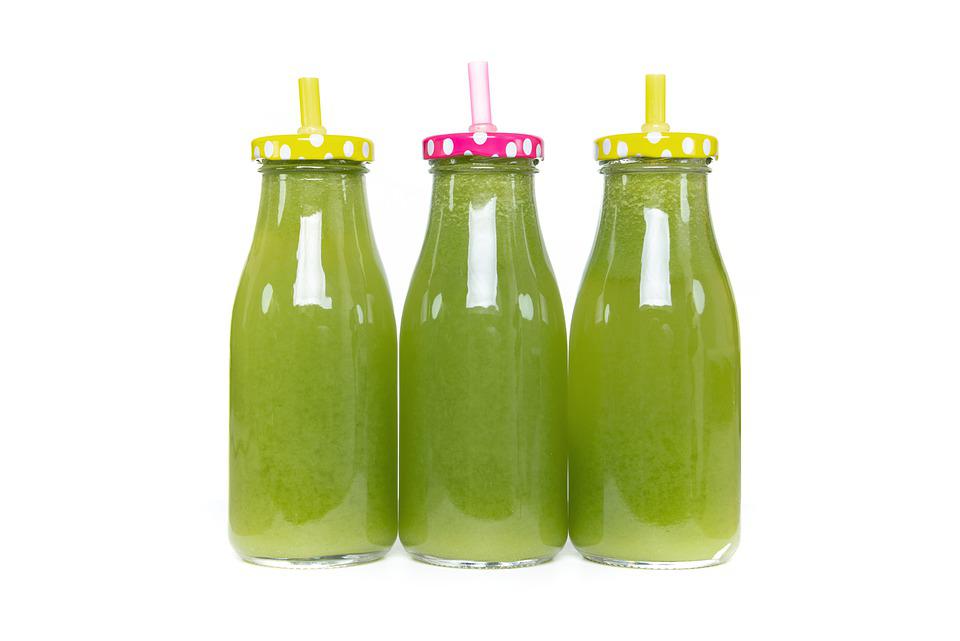
Leftover brine:
This one is for the people who don’t use fossil fuels. Add some leftover brine from a previous batch of vegetables to make your liquid with good cultures and bacteria.
The growth of more bacteria will be aided by this. It is a natural starting point.
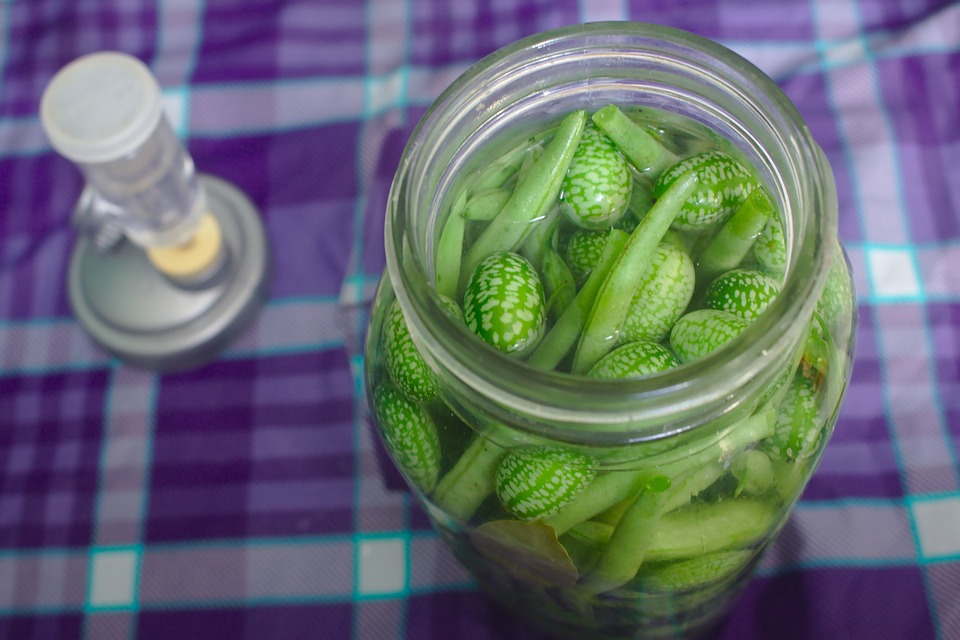
Whey:
It is beneficial to your general health to have a dairy culture that is rich in bacteria. It is a great flavor agent and can be found in a lot of fermentation recipes.
It is a low salt option that is said to speed up the fermentation process. It is a viable option but there are a few drawbacks.
It is said to change the end flavor of ferments, and it is not ideal for people who are sensitive to Lactose.
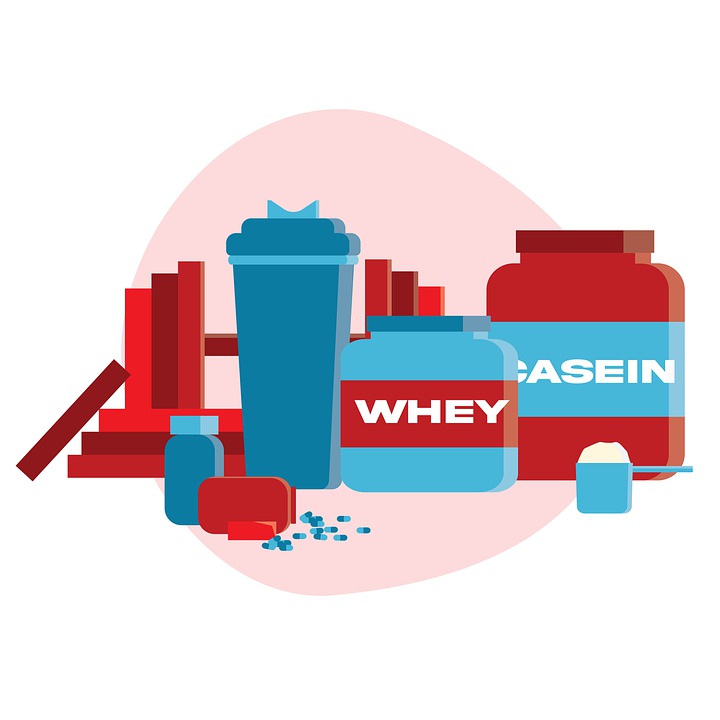
Salt:
Salt and a lot of patience are all it takes to get it done. Did you know that traditional dill pickles are made without the use of alcohol?
Salt creates flavor through Lacto-fermentation and produces a similar Pickles are similar in taste to sauerkraut.
It is time to say goodbye to the starter cultures. The natural process of fermentation should be allowed to take charge by the microbes.

Conclusion
There is a place for vinegar in the world of fermentation, but it should be used less and later on in the process when the bacteria have had time to grow.
If you use too much, you’ll ruin the natural process of growth that this whole thing is all about.
It is not essential to the process of fermentation if you do not want to make a great result. It is up to you if you want to use it.
If you don’t have it, you can make lovely ferments filled with flavor and nutrition.

Foodie and a passionate cook, I am here to share all of what I know about cooking, kitchen, and food prepping.
Follow me for delicious and healthy recipes.


